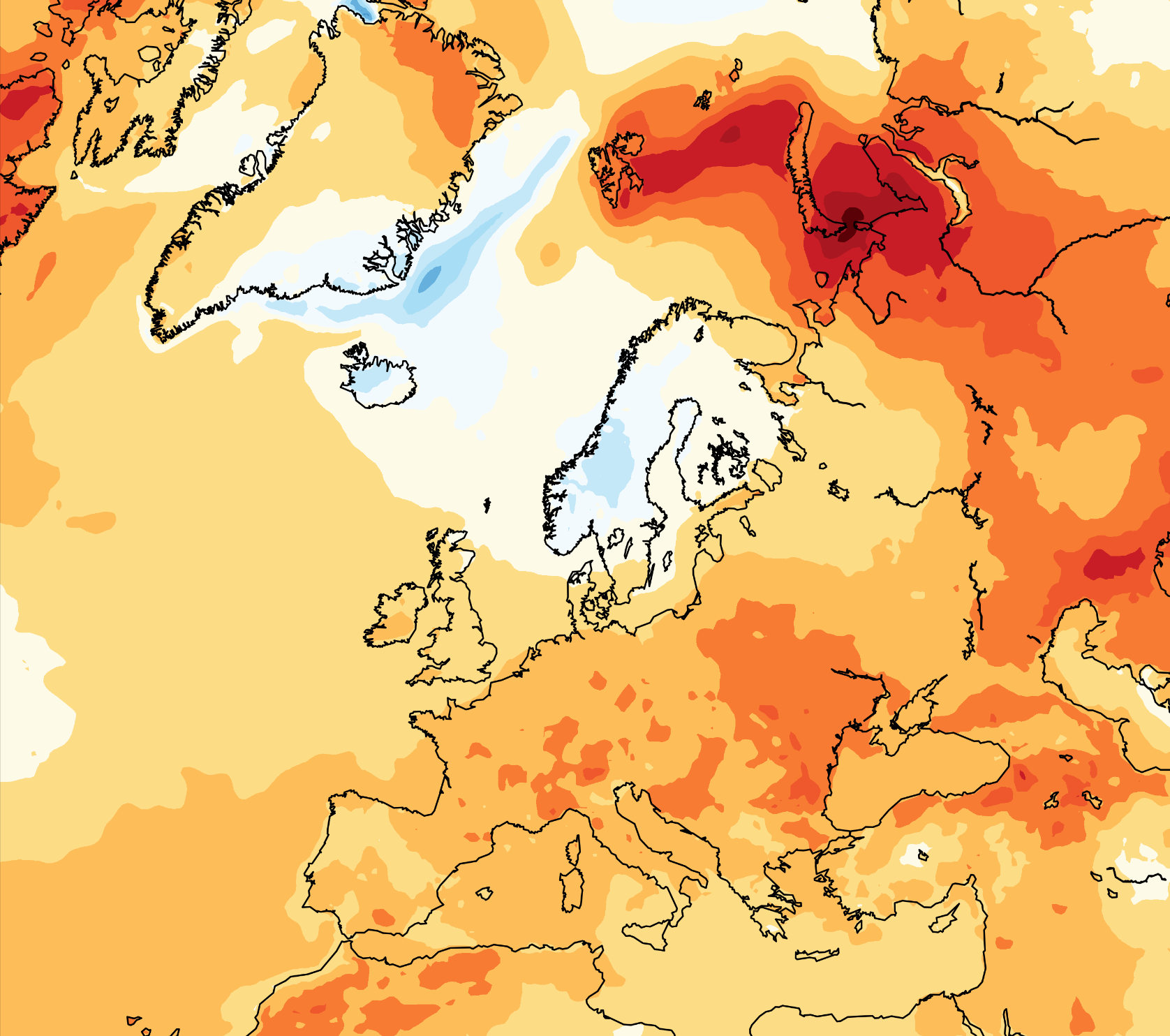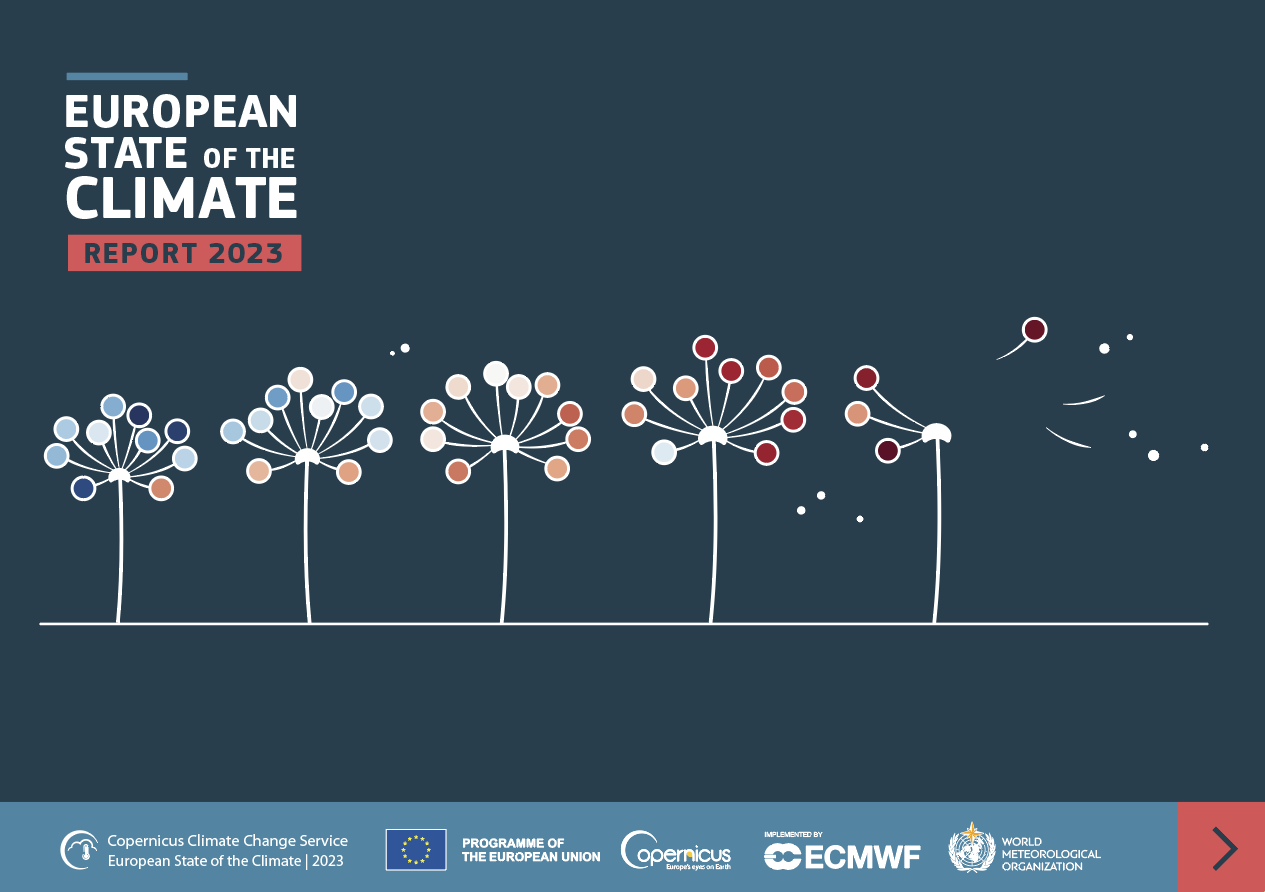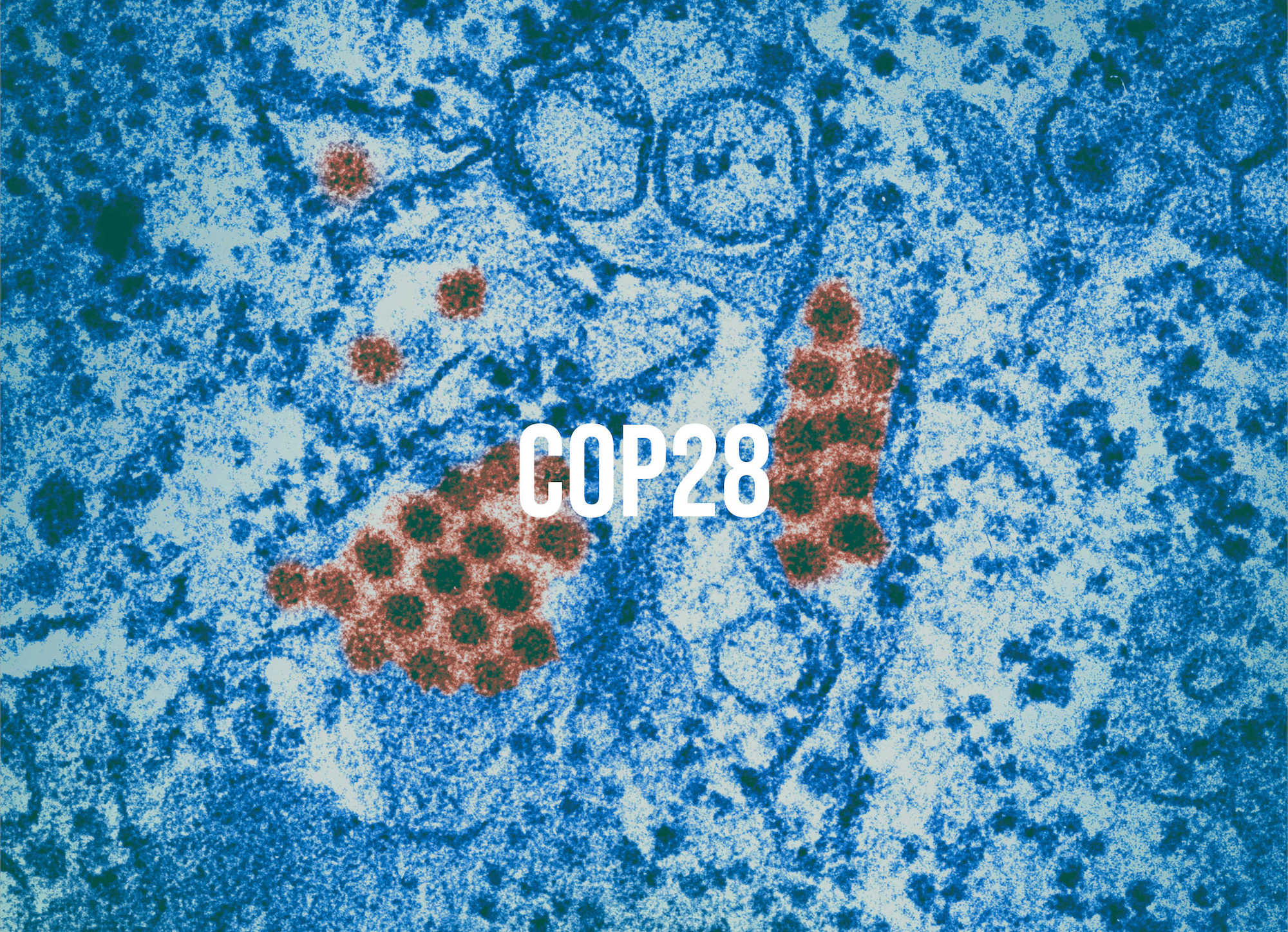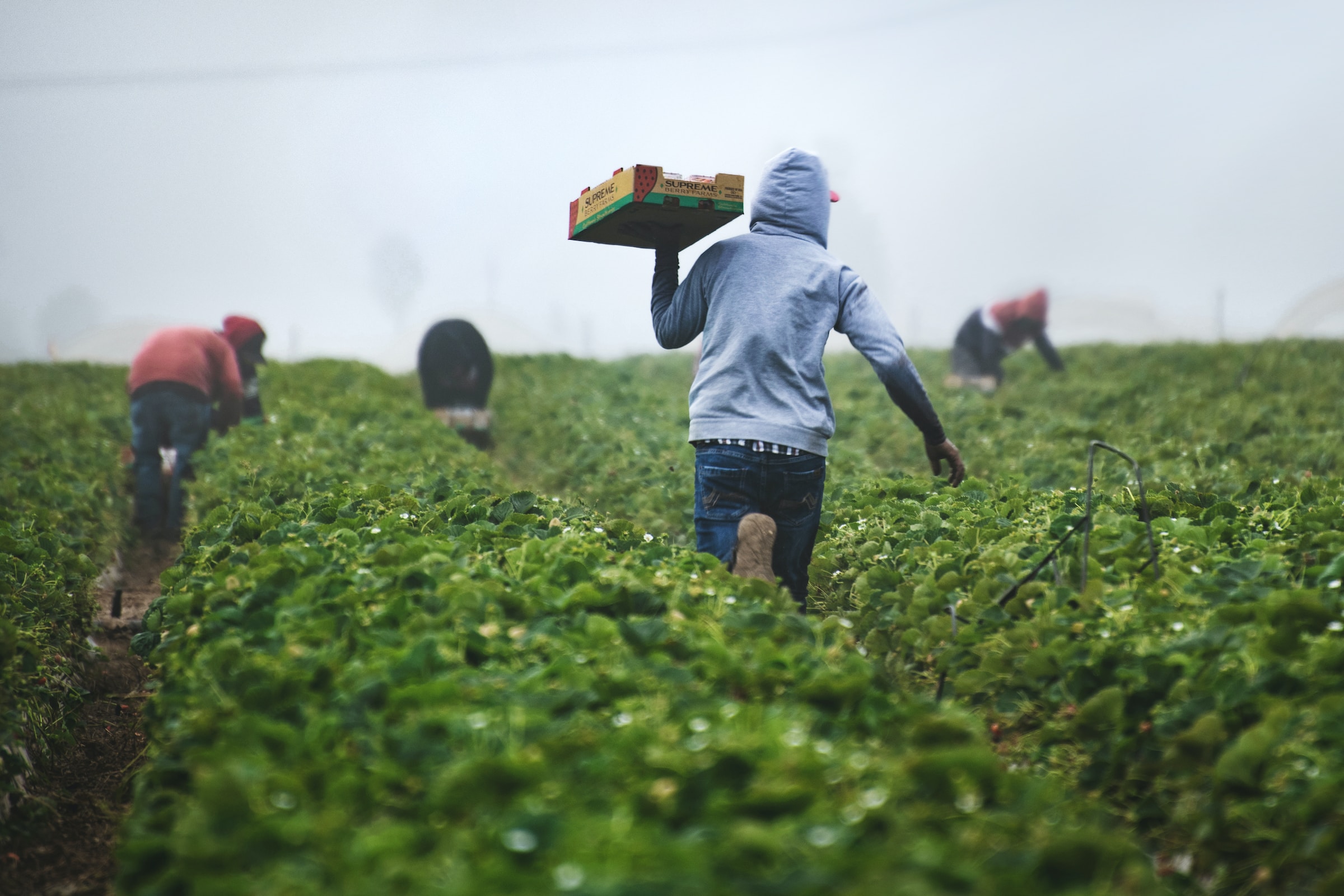An article by Ginevra Gatti
What are the determinants at the basis of forest microclimates creation and conservation? What will be the future of plants and animals living in the understory of forests if global climate warming will change the climate conditions of their living spaces? These are the basic questions that moved some researchers of the University of Montana to carry out a study on the ability of trees to moderate climate extremes.
In fact, while it is widely known the importance of forests in regulating climate extremes and harbouring biodiversity on the ecosystem of Earth, the biophysical conditions that allow and maintain the moderation of microclimates are still unclear. In this study, the researchers hypothesized that forest microclimatic buffering is sensitive to local water balance and canopy cover, and that these two main elements jointly contribute to the creation and maintenance of the microclimate, on which vegetable and animal species rely for their survival.
By measuring the climatic situation of forests in the north-western United States during the growing season, the researchers actually found that forest canopies are able to buffer extremes of maximum temperature and vapour pressure deficit. Moreover, such ability varied with water balance, meaning that it is subject to local hydrology.
The study appeared in Ecography: A Journal of Space and Time in Ecology and it concludes that a warming climate in the Pacific Northwest will lead to future water limitation and accelerating canopy losses. This, in the end, will lessen the capacity of many forests to create stable microclimates, and, therefore, their ability to protect themselves and the interconnected environment against extremes of climate change.






